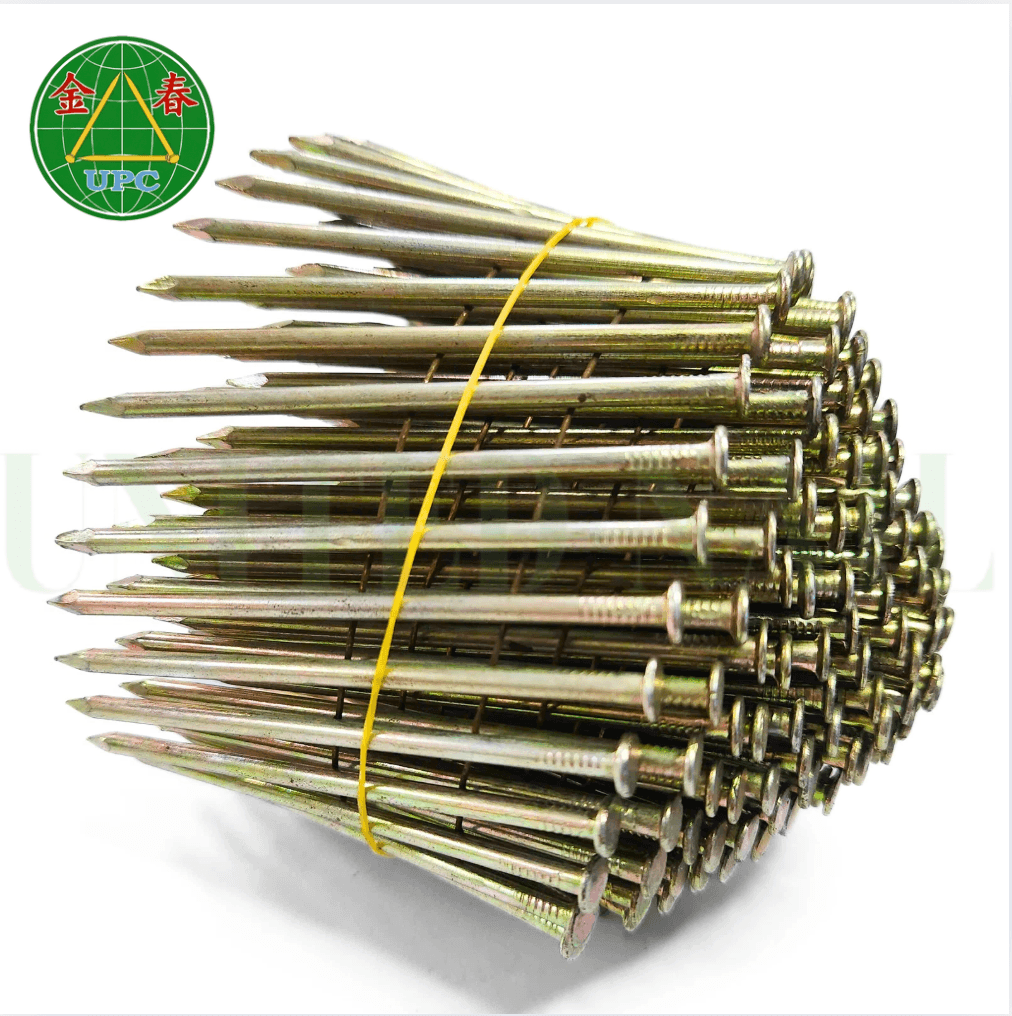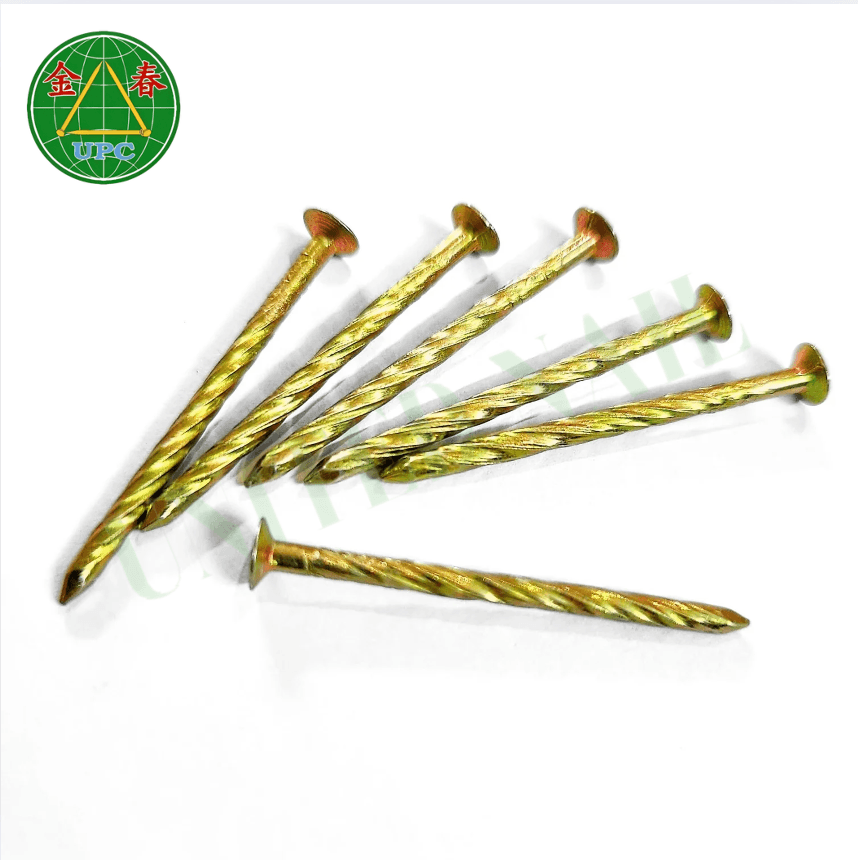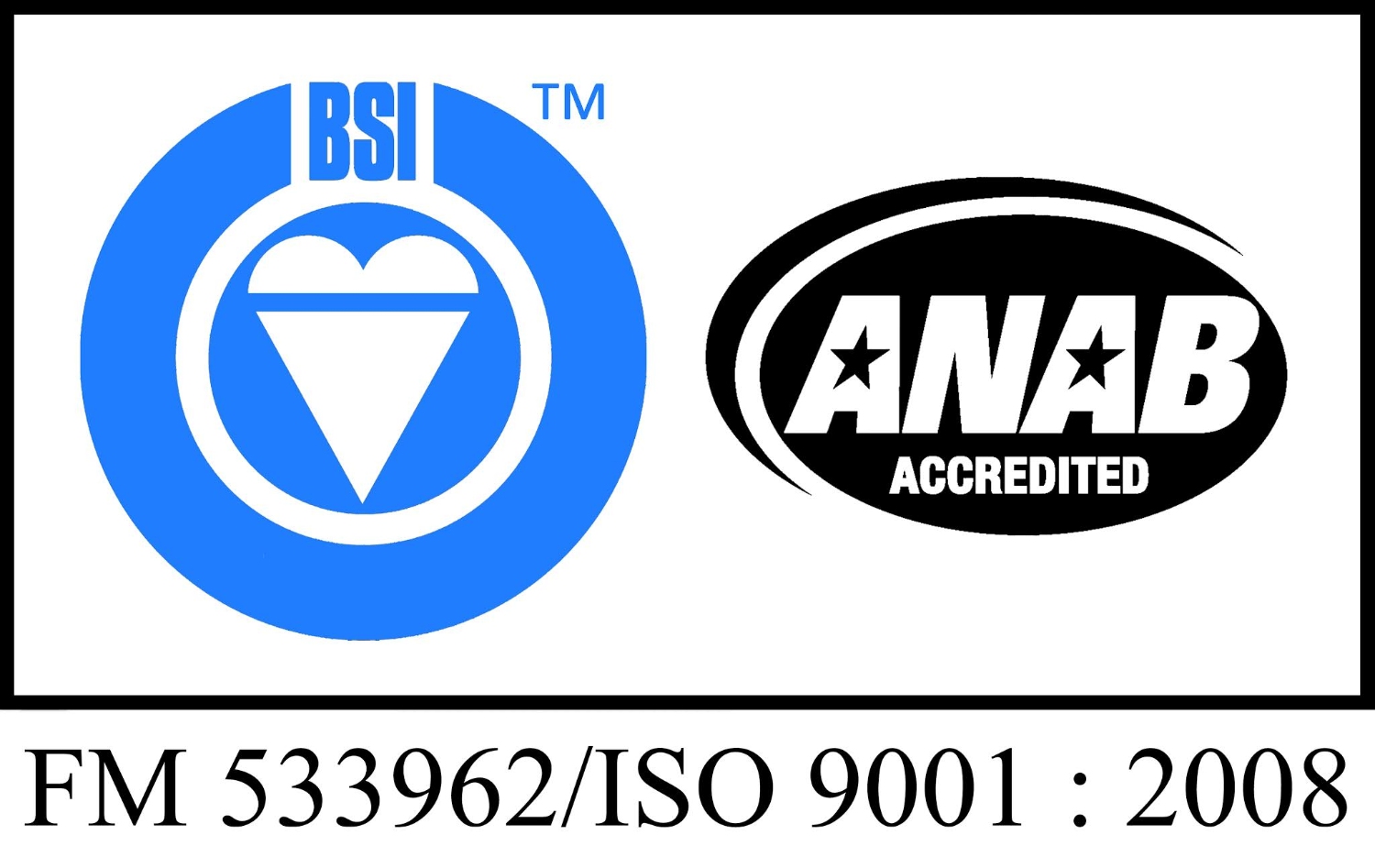When it comes to choosing the right nails for your project, you’ll often find yourself faced with the choice between coil nails and loose nails. Both options have distinct advantages and drawbacks, depending on the specific requirements of your job. Understanding the differences between these two types of nails can help you make an informed decision that will enhance the efficiency, durability, and cost-effectiveness of your construction or renovation project. In this article, we’ll take a deep dive into the characteristics of coil nails and loose nails, comparing their strengths, weaknesses, and ideal use cases.
MỤC LỤC BÀI VIẾT
What Are Coil Nails?
Coil nails, as the name suggests, are nails that come packaged in a coiled strip. These nails are connected together by a copper. The coiled shape allows a large number of nails to be fed into a pneumatic nail gun, which significantly reduces the frequency of reloads compared to other types of nails. Coil nails are commonly used in applications where a high volume of nails is needed, such as in roofing, siding, decking, and pallet assembly.

Advantages of Coil Nails
- Higher Capacity: One of the main advantages of coil nails is their high capacity. A single coil can hold anywhere from 200 to 300 nails, depending on the size. This makes coil nails a great choice for large-scale projects that require continuous nailing over an extended period. The higher capacity reduces downtime for reloading, increasing overall productivity.
- Efficient for Automated Tools: Coil nails are designed to be used with pneumatic nail guns, which allow for faster and more efficient nailing. The coiled format ensures that the nail gun can hold more nails at once, which minimizes interruptions for reloading. For tasks like roofing, where speed and efficiency are critical, coil nails are often the preferred choice.
- Compact and Portable: The coiled arrangement of nails takes up less space compared to loose nails. This compact packaging makes coil nails easier to transport and store. Additionally, the compact size allows them to fit into smaller nail guns, which are easier to handle in tight spaces.
- Reduced Jamming: Because coil nails are connected and fed into the nail gun in a controlled manner, there’s a lower chance of nails jamming in the tool. This improves reliability and decreases downtime caused by malfunctions, which can be a major advantage on job sites where every minute counts.
Drawbacks of Coil Nails
- Higher Cost: Coil nails tend to be more expensive than loose nails due to the additional processing required to bind the nails together in a coil. While the higher cost may be justified by increased efficiency, for smaller projects where speed and volume aren’t critical, the added expense may not be worth it.
- Tool Compatibility: Coil nails require specialized pneumatic tools designed to accommodate the coiled format. This means that if you’re switching from loose nails to coil nails, you may need to invest in a new nail gun, which could add to the overall cost of your project.
What Are Loose Nails?
Loose nails, also known as bulk nails, are individual nails that are not attached to each other in any way. They are typically sold in bulk or in small boxes and can be used with manual hammers or pneumatic nail guns designed for loose nails. Loose nails are widely used in many types of construction projects, including framing, woodworking, and general repairs.

Advantages of Loose Nails
- Lower Cost: Loose nails are generally less expensive than coil nails because they don’t require the extra manufacturing steps involved in creating a coil. For smaller projects or DIY enthusiasts who don’t need the added efficiency of a nail gun, loose nails are an affordable option.
- Versatility: Loose nails can be used in a wide range of applications, from simple home repairs to large-scale construction. They are available in various sizes, materials, and finishes, making them suitable for many different types of projects. Whether you’re building furniture, framing a house, or installing trim, there’s likely a loose nail that will meet your needs.
- Manual and Automated Application: Loose nails can be driven by hand using a hammer or with the help of a nail gun. This versatility makes them a practical choice for projects that may require a mix of manual and automated nailing.
- Tool Availability: Unlike coil nails, which require specific pneumatic tools, loose nails can be used with a wider variety of nail guns and manual hammers. This means that you don’t need to invest in specialized equipment to use them, making them a more cost-effective option for smaller or one-time projects.
Drawbacks of Loose Nails
- Frequent Reloading: One of the biggest disadvantages of loose nails is that they need to be reloaded more frequently when used with a nail gun. This can slow down the nailing process, especially on larger jobs, as the nail gun will run out of nails more quickly compared to coil nails.
- Higher Risk of Jamming: When using loose nails in a pneumatic nail gun, there is a higher risk of jamming compared to coil nails. The individual loading process can sometimes cause misfeeds, leading to time-consuming malfunctions. This can be a significant drawback on projects where speed and precision are crucial.
- Less Efficient for Large Projects: For large-scale projects that require thousands of nails to be driven quickly and efficiently, loose nails may not be the best option. The need to reload the nail gun more frequently and the increased risk of jamming can slow down productivity, making them less suitable for high-volume applications.
Coil Nails vs. Loose Nails: Which One Should You Choose?
Now that we’ve examined the advantages and disadvantages of both coil nails and loose nails, the next step is to determine which type of nail is best suited for your project. The decision will depend on several factors, including the scale of the project, the tools you have available, and your budget.

1. Project Size and Volume
For large-scale projects that require a high volume of nails, such as roofing, siding, or pallet construction, coil nails are the better choice. Their high capacity and compatibility with pneumatic nail guns allow for faster nailing with fewer interruptions. If speed and efficiency are your top priorities, coil nails will likely save you time and increase productivity.
On the other hand, for smaller projects or tasks that don’t require a high volume of nails, loose nails are a more cost-effective option. They’re less expensive and don’t require specialized equipment, making them a practical choice for DIYers or smaller construction teams.
2. Tool Availability
If you already own a pneumatic nail gun designed for coil nails, the decision is simple: coil nails are the way to go. However, if you’re working with a more basic setup, such as manual hammers or a general-purpose nail gun, loose nails may be a better fit. They offer more versatility in terms of tools and don’t require additional investment in equipment.
3. Cost Considerations
If budget is a major concern, loose nails are typically the more economical option. They are less expensive per nail, and you won’t need to purchase specialized tools to use them. However, if you’re working on a larger project where time is money, the increased efficiency of coil nails may justify the higher cost.

4. Application and Environment
For outdoor projects or environments where the nails will be exposed to the elements, both coil nails and loose nails are available in rust-resistant materials such as galvanized or stainless steel. In this case, your choice will depend more on the other factors mentioned above, such as project size and tool compatibility.
Conclusion
Choosing between coil nails and loose nails ultimately depends on the specific requirements of your project. If you’re working on a large, fast-paced job where efficiency is key, coil nails are the better choice due to their high capacity and compatibility with pneumatic tools. On the other hand, for smaller, more versatile projects, loose nails offer a more affordable and flexible solution.
By understanding the differences between coil nails and loose nails, you can make an informed decision that will improve the quality, efficiency, and cost-effectiveness of your construction or renovation projects.
UNITED NAIL PRODUCTS CO., LTD
Address: 16A8, Tra Noc Industrial Zone 1, Tra Noc Ward, Binh Thuy District, Can Tho City, Viet Nam
Phone: (+84) 986 831838; (+84) 292 242165
Email: Sales5@unitednail.com
• Facebook: Đinh Kim Xuân







